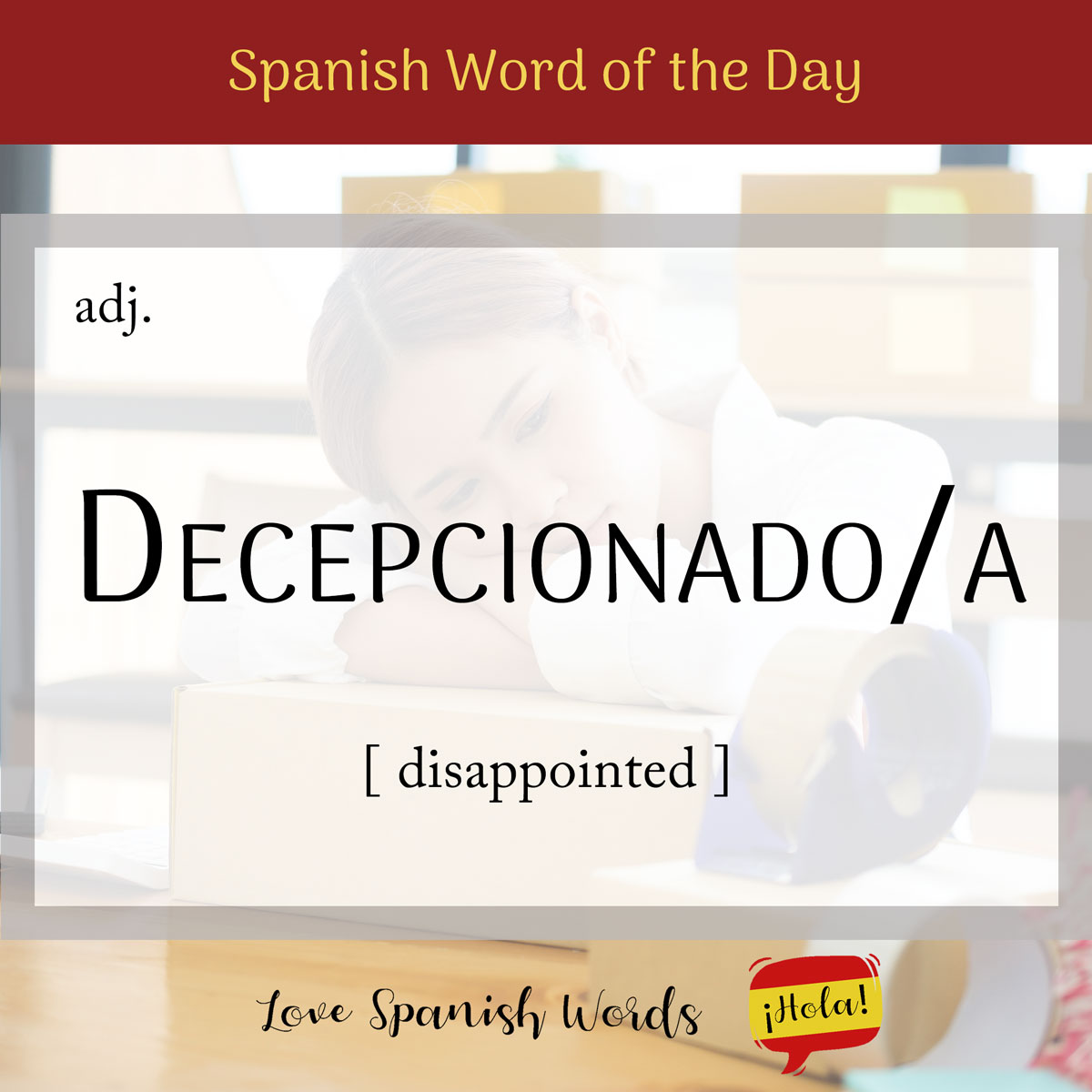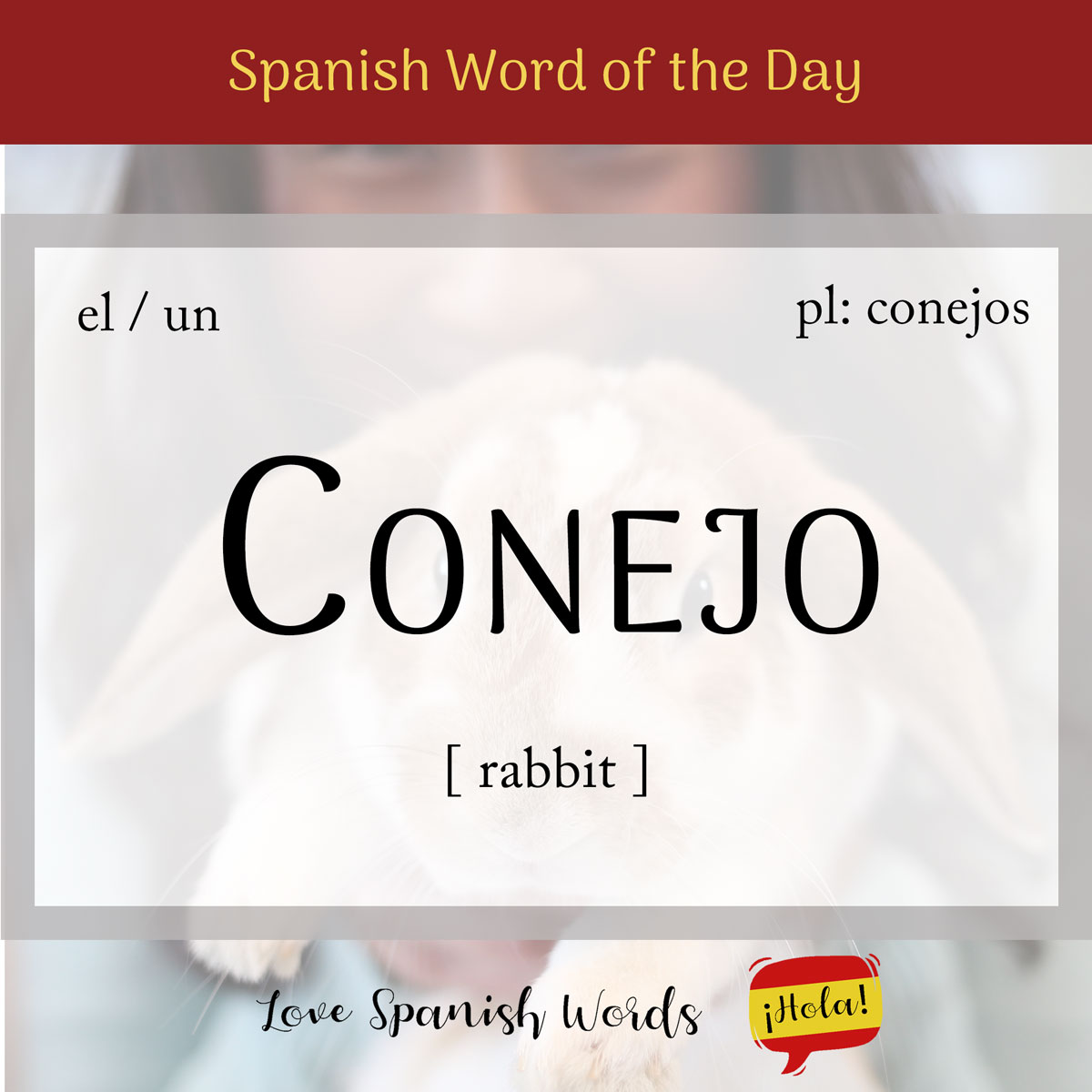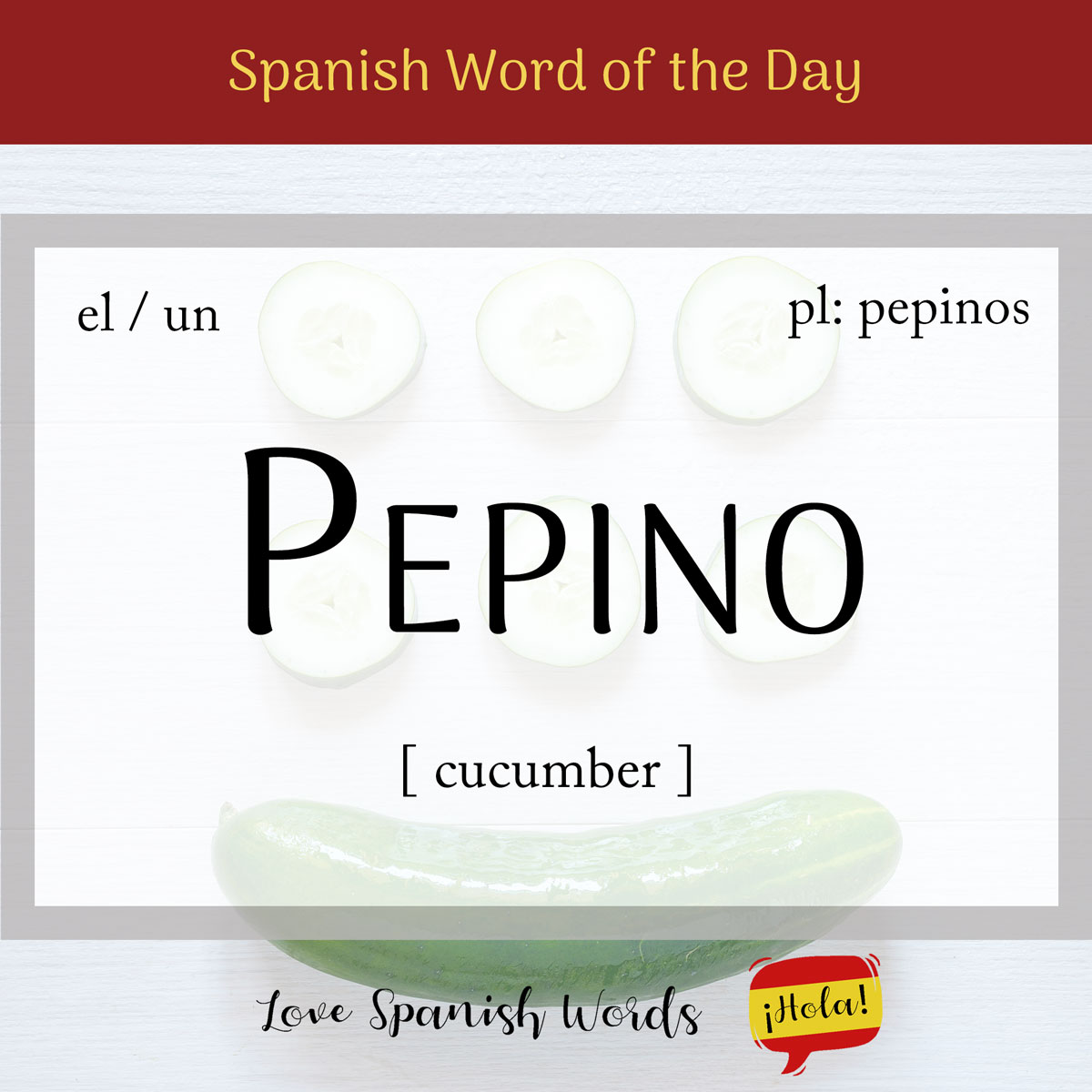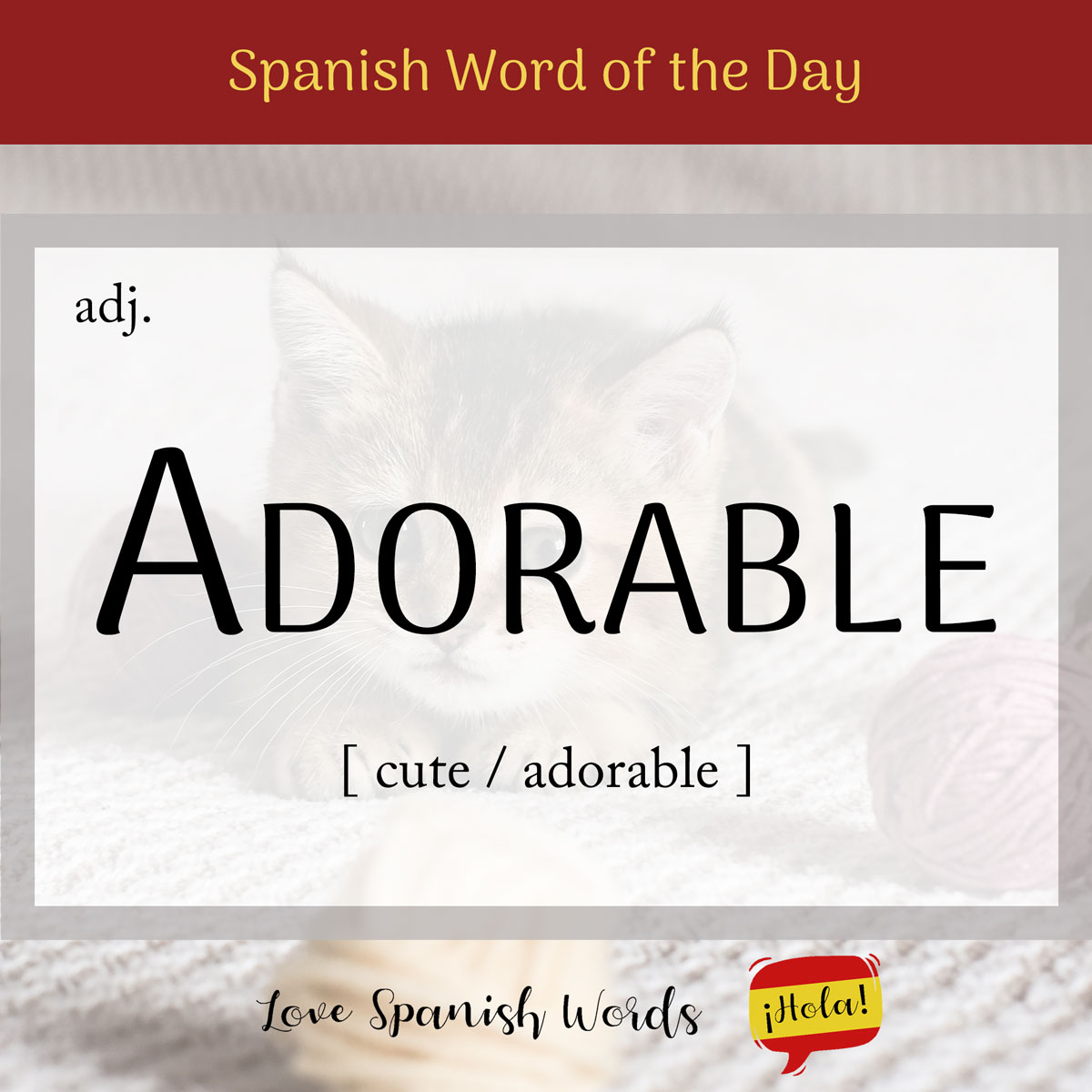Spanish Word of the Day: Decepcionado/a (disappointed)
The word decepcionado / decepcionada derives from the Latin verb deceptio, which means to deceive or fraud. The Spanish verb for deceptio is decepcionar (to disappoint). When the suffix -ado is added to a base word, it means an action is happening. In this word, the person is feeling disappointed. Latin American Pronunciation European Pronunciation …






